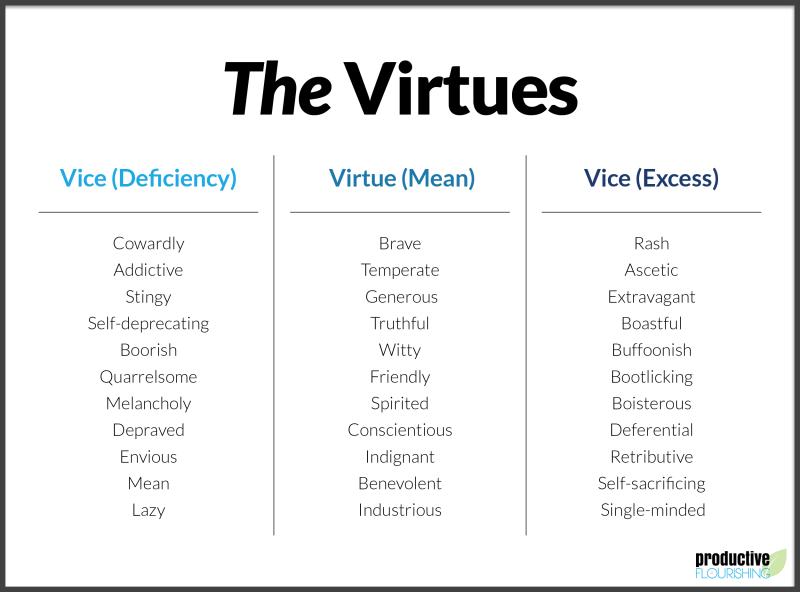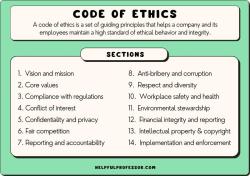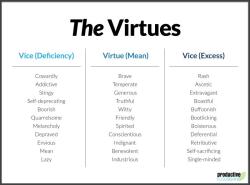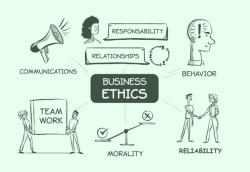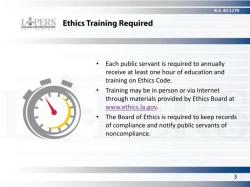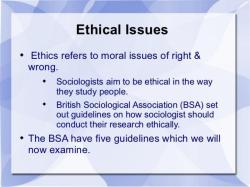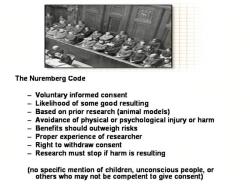What is virtue ethics workplace example?
Virtue ethics is an ethical theory that emphasizes the development of virtuous character traits as the foundation for ethical decision-making. In the workplace, virtue ethics focuses on cultivating virtues such as honesty, integrity, responsibility, compassion, and fairness. Here are some practical examples of virtue ethics in the workplace:
Honesty and Integrity:
- Example: A manager discovers an error in the financial report that could potentially benefit the company. Instead of taking advantage of the situation, the manager immediately reports the error and takes steps to rectify it, demonstrating honesty and integrity.
Compassion and Empathy:
- Example: An employee notices that a colleague is struggling with a heavy workload due to personal challenges. Instead of ignoring the situation, the employee offers support, shows empathy, and helps the colleague manage their tasks, fostering a compassionate workplace culture.
Fairness and Equity:
- Example: During the hiring process, a human resources professional ensures that all candidates are treated fairly and evaluated based on their qualifications, skills, and experience rather than personal biases or discriminatory practices.
Responsibility and Accountability:
- Example: A project team encounters a setback that was unforeseen. Instead of blaming each other, team members take collective responsibility for the situation, identify solutions, and work together to address the issue, demonstrating accountability.
Courage and Ethical Decision-Making:
- Example: An employee discovers that a coworker is engaging in unethical behavior that could harm the company. Despite potential backlash or personal risks, the employee has the courage to report the misconduct to higher authorities, prioritizing ethical considerations over personal comfort.
Patience and Tolerance:
- Example: In a diverse workplace, employees may encounter cultural differences that could lead to misunderstandings. Practicing virtue ethics involves being patient and tolerant, seeking to understand others' perspectives and fostering a harmonious work environment.
Teamwork and Collaboration:
- Example: A team faces a challenging project with tight deadlines. Instead of competing against each other, team members collaborate, share knowledge, and work collectively to achieve common goals, reflecting virtues of teamwork and cooperation.
Loyalty and Trustworthiness:
- Example: An employee is offered a higher-paying position at another company. Despite the financial incentive, the employee decides to stay with their current employer due to a sense of loyalty, recognizing the value of long-term relationships and trustworthiness.
Generosity and Giving Back:
- Example: A company encourages employees to participate in charitable activities or volunteer work. Employees actively contribute to community service initiatives, demonstrating generosity and a commitment to social responsibility.
Humility and Open-Mindedness:
- Example: A leader acknowledges when they make a mistake or when there is a better solution than the one they proposed. They exhibit humility by seeking input from team members and being open-minded to alternative perspectives.
These examples illustrate how virtue ethics can guide behavior in the workplace, fostering a positive and ethical organizational culture. In virtue ethics, the emphasis is not solely on following rules but on developing virtuous character traits that lead to ethical decision-making and actions.
Applying Virtue Ethics in the Workplace: Building a Moral Framework
Virtue ethics offers a unique approach to workplace ethics, focusing on developing and practicing virtuous character traits rather than simply following rules. Let's explore how this plays out in real-world scenarios:
1. Examples of Applying Virtue Ethics:
- Honesty: A salesperson discloses product limitations to a potential client, even if it means losing the sale, prioritizing building trust over immediate gain.
- Courage: A junior employee speaks up against unethical practices observed in a senior colleague, upholding integrity even in a challenging situation.
- Fairness: A manager implements a performance evaluation system based on objective criteria, avoiding favoritism and bias.
- Compassion: A team leader offers support and understanding to a coworker experiencing personal struggles, fostering a caring and inclusive work environment.
- Justice: A whistleblower reports illegal activity within the company, prioritizing the greater good over personal loyalty.
2. Influence on Decision-Making:
- Focus on character: Virtue ethics prompts individuals to ask "who do I want to be?" in a professional setting, guiding decisions based on upholding good character traits.
- Contextual considerations: Rather than relying on rigid rules, virtue ethics encourages nuanced decision-making, taking into account specific situations and relationships.
- Long-term perspective: Decisions are not solely based on immediate consequences but also consider their potential impact on colleagues, the company, and society as a whole.
3. Valued Virtues and Demonstrations:
- Honesty: Open communication, transparency in financial dealings, admitting mistakes and taking responsibility.
- Integrity: Adherence to ethical principles even when faced with pressure or temptation, refusing to compromise values for personal gain.
- Justice: Treating everyone fairly and impartially, advocating for equity and eliminating discrimination.
- Respect: Valuing colleagues and their contributions, fostering healthy communication and avoiding prejudice.
- Compassion: Showing empathy and understanding towards others, offering support and assistance during challenging times.
4. Real-World Scenarios:
- Scenario: A marketing team brainstorms a campaign targeting a vulnerable group. A member, guided by compassion and fairness, raises concerns about potentially exploiting vulnerabilities and suggests alternative approaches.
- Scenario: A manager witnesses discrimination against a colleague. Upholding the virtue of justice, the manager intervenes, addresses the issue with the perpetrator, and ensures appropriate action is taken.
- Scenario: An engineer uncovers a potential safety hazard in a new product design. Driven by integrity and responsibility, the engineer reports the issue to avoid potential harm, even if it delays the project timeline.
5. Contribution to a Positive Work Environment:
- Trust and Respect: When virtuous behaviors become the norm, trust and respect among colleagues blossom, leading to stronger relationships and collaboration.
- Increased Motivation: Employees who feel their values are aligned with the organization's are more motivated, engaged, and dedicated to their work.
- Reduced Conflict: A focus on virtues like fairness and compassion can minimize ethical dilemmas and interpersonal conflicts, creating a more harmonious workplace.
- Sense of Community: Demonstrating and appreciating virtues fosters a sense of shared values and purpose, building a stronger and more supportive work community.
By embracing virtue ethics, individuals and organizations can cultivate a more ethical, fulfilling, and productive work environment, where character drives success alongside competence. Remember, virtue ethics is an ongoing journey, not a destination; it's about continuously striving to become the best version of yourself in the workplace and contributing to a more just and humane work culture.
